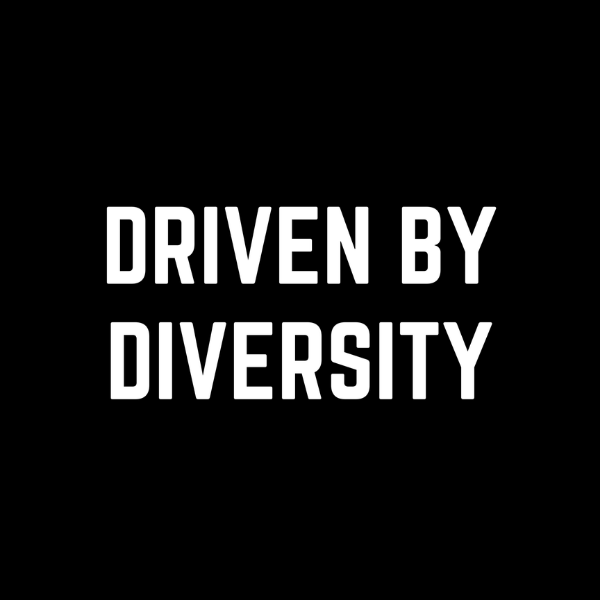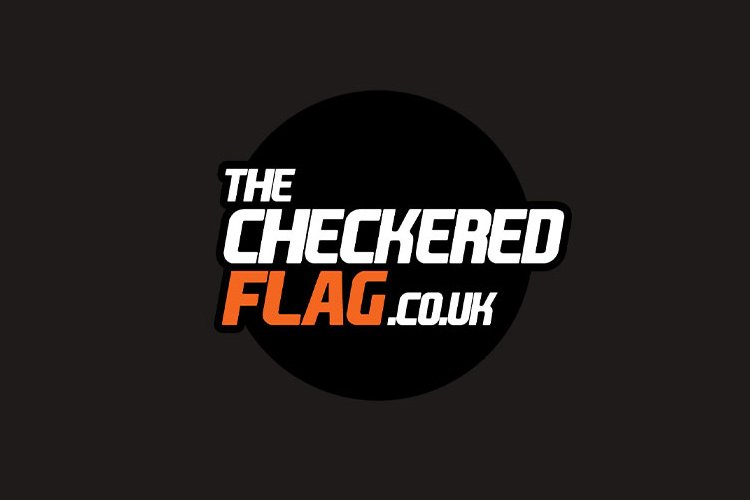As the Russian invasion of Ukraine continues, Ukraine’s motorsport authority is demanding the FIA to take action. On Sunday, the Federation Automobile D’Ukraine (FAU) submitted a letter to FIA president Mohammed Ben Sulayem with a list of demands that included prohibiting drivers with licences provided by the motorsport associations of Russia and ally Belarus from competing in FIA-sanctioned events, and a ban on the two countries’ flags from appearing at such races.
The invasion has been widely condemned, with many countries responding by placing sanctions on Russia and Belarus or sending resources to Ukraine. In the world of sports, FIFA and UEFA announced Monday that Russia has been banned from competing in all international association football competitions including the upcoming FIFA World Cup. On Friday, Formula One released a statement saying it is “impossible to hold the Russian Grand Prix in the current circumstances”; the Sochi race was already facing a boycott from driver Sebastian Vettel while Haas F1 Team removed its Uralkali sponsorship during preseason testing. The FIA Intercontinental Drifting Cup and TCR International Series also cancelled their 9–12 June and 6/7 August race weekends in Sochi.
On Monday, Sulayem released a statement saying he called an “extraordinary meeting of the World Motor Sport Council will be convened tomorrow to discuss matters relating to the ongoing crisis in Ukraine.”
Communications between the FAU and FIA began with a letter from Sulayem on 24 February, the same day that Russia launched its “special military operation” into Ukraine. Writing to FAU president Leonid Kostyuchenko, Sulayem gave his well wishes to the federation’s members and assured the FAU of the his and FIA’s “full support”. The Lithuanian Automobile Sport Federation, whose country has joined an international wave of sanctions against Russia in the wake of the invasion, also issued a message of solidarity through administrator Indrė Janauskaitė that included providing assistance in Lithuania for Ukrainian refugees.
Kostyuchenko expressed “sincere gratitude” for Sulayem’s words before outlining a series of requests for the FIA to fulfill, many of which were in line with similar penalties proposed towards or imposed by sporting bodies such as FIFA and the International Olympic Committee. For example, the FAU wished for the FIA to not hold events in Russia, Belarus, or occupied territories in Ukraine, with an association football equivalent being satisfied by UEFA when it moved the Champions League final from St. Petersburg to Paris on Friday.
Another demand was the ban of Russian and Belarusian state symbols like flags from FIA-sanctioned races, which had already been occurring for Russia in response to the country’s sports doping scandal since 2018 and resulted in Russian athletes at the Olympics competing under the Russian Olympic Committee banner. Since 2021, the doping ban also impacted Russian drivers in the FIA as they have instead been forced to use the Russian Automobile Federation‘s flag, with affected drivers including Haas’ Nikita Mazepin and the FIA World Endurance Championship‘s Daniil Kvyat (his G-Drive Racing team is also of Russian background), while the Dakar Rally‘s podium for the Truck class was officially filled with RAF entries.
However, if the FAU’s list was fully approved by the FIA, such drivers’ 2022 plans and potentially beyond would be jeopardised as it included barring all drivers with licences given by the RAF and Automobile Federation of Belarus (BAF) from racing outside their respective countries, let alone in FIA-overseen competition. The Russo-Belarusian ban suggestion also extends to representation in FIA committees. The IOC recommended a similar approach, elaborating that although athletes should not be punished for their government’s actions, sporting event organisers should “not invite or allow the participation of Russian and Belarusian athletes and officials in international competitions” in order to “protect the integrity of global sports competitions”. Such a proposal is obviously far more extreme than simply requiring athletes from the two countries to compete under a neutral flag, which the IOC clarified would also be a satisfactory option.
The conflict has resulted in uncertainty surrounding Mazepin’s future in F1. He arrived in the series with funding from his father Dmitry Mazepin‘s Uralkali chemical company, which assumed title sponsorship of Haas F1 to keep the team afloat. However, the elder Mazepin is one of many Russian oligarchs that are expected to be affected by the international sanctions. Although Mazepin is not guaranteed to be out, Haas team principal Guenther Steiner has said Pietro Fittipaldi will be first in line to take his seat should he be ousted.



